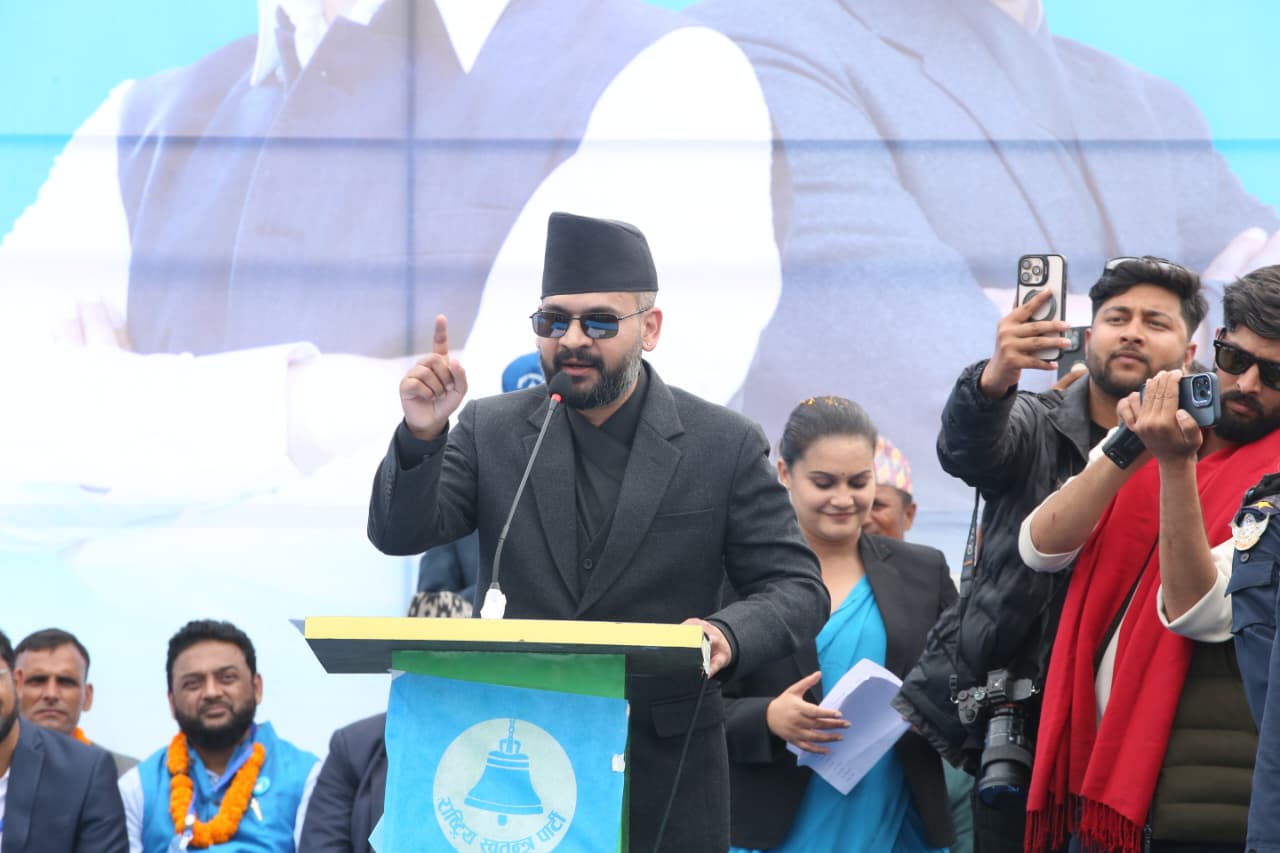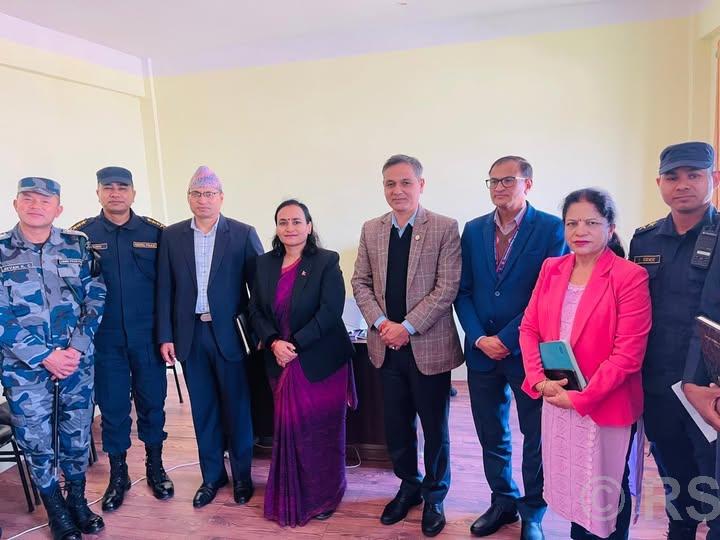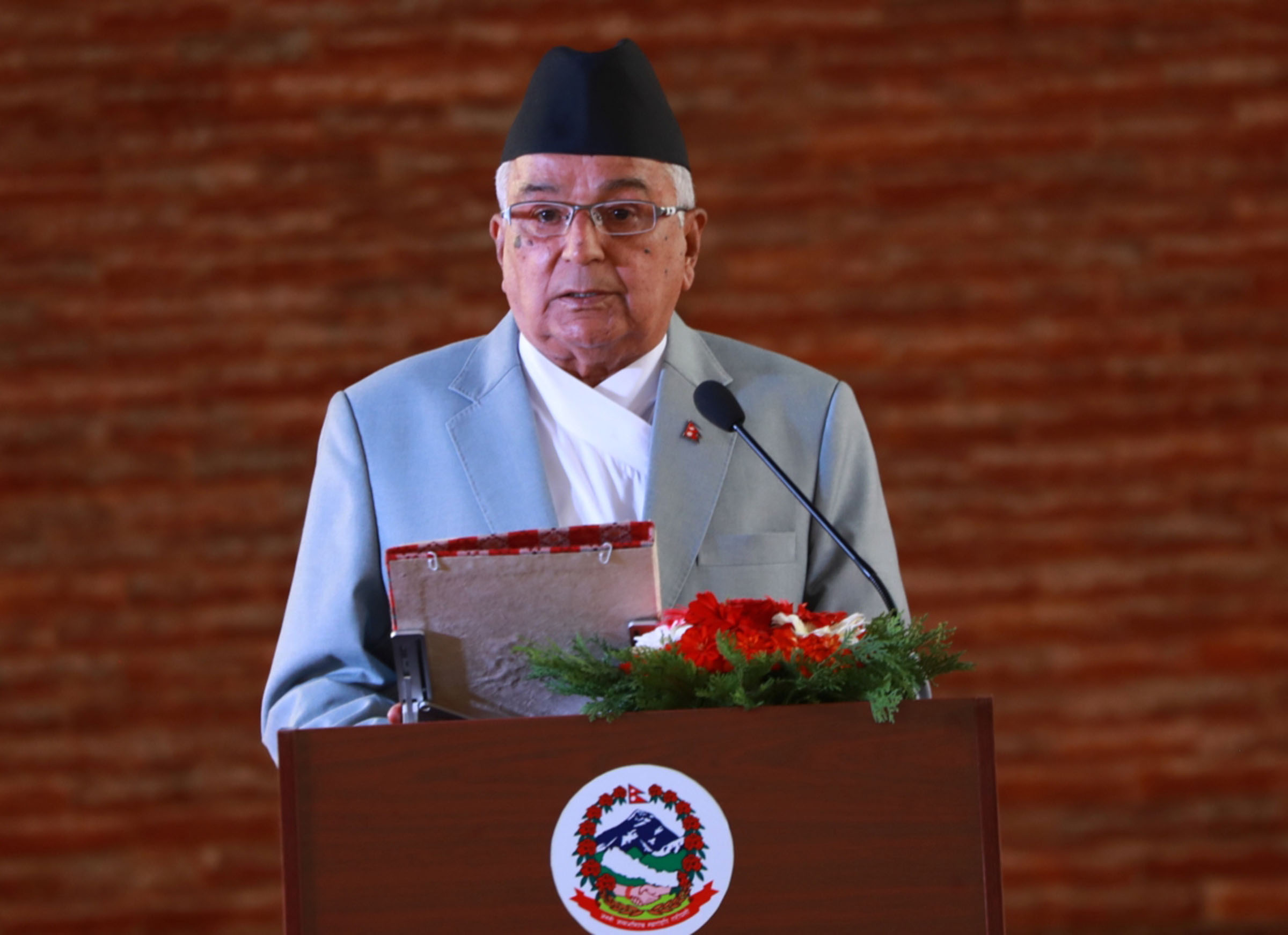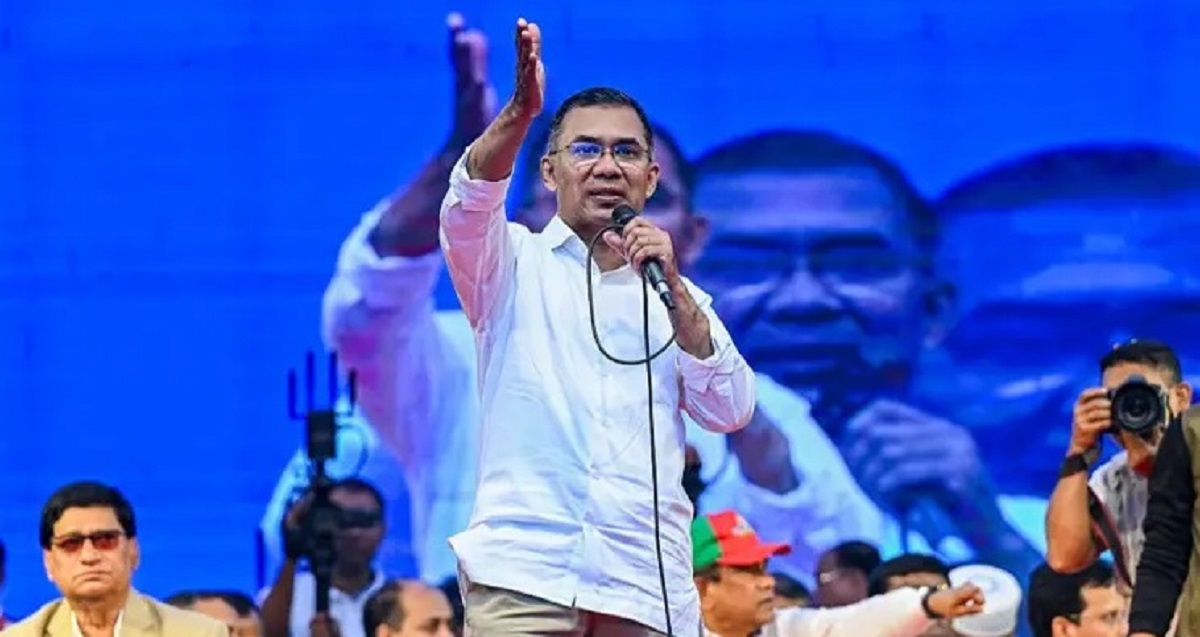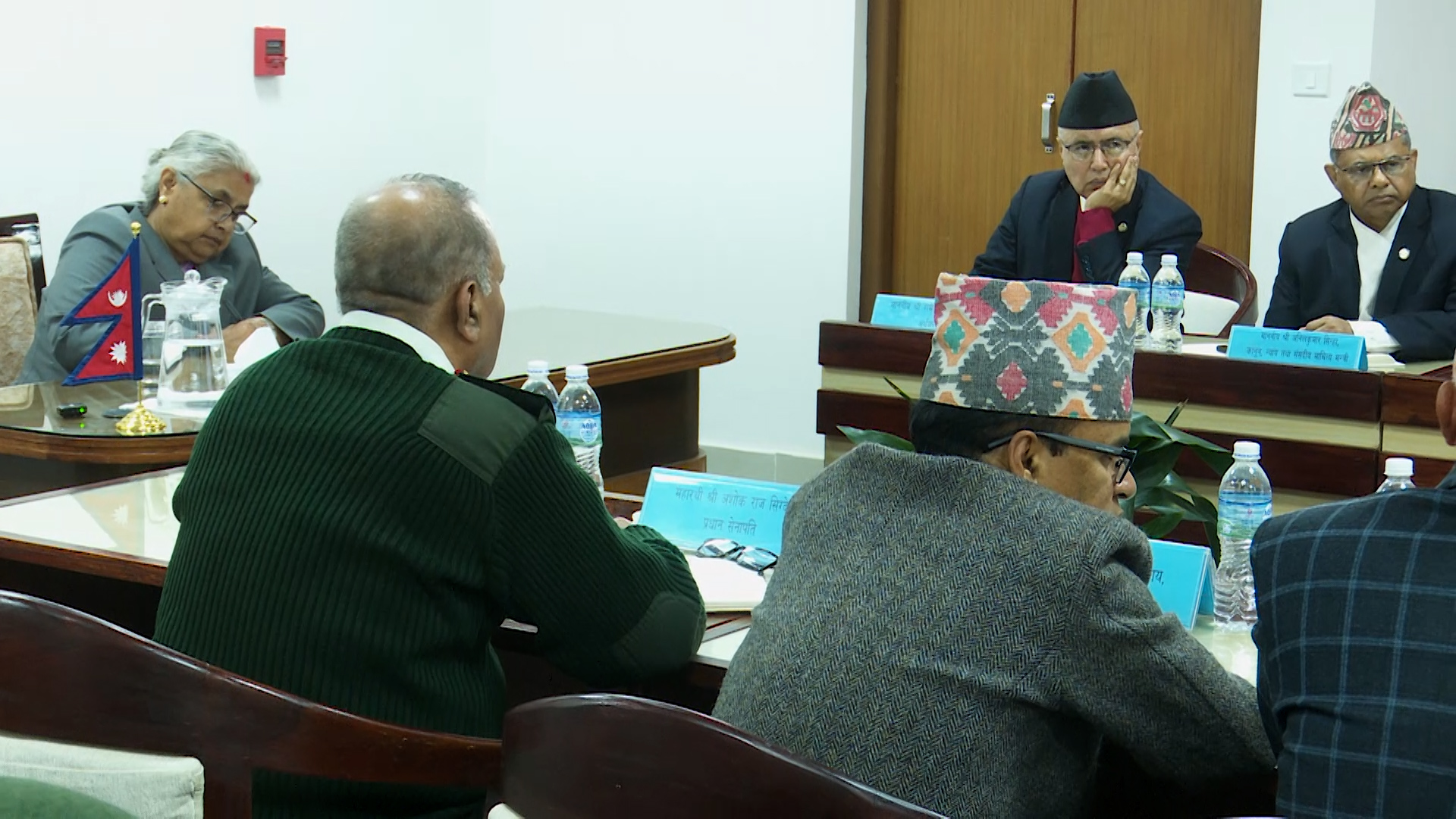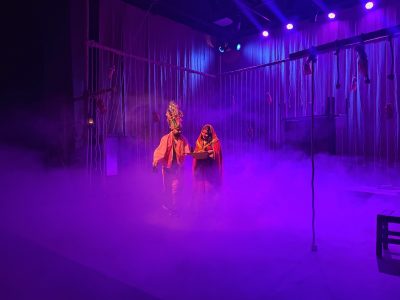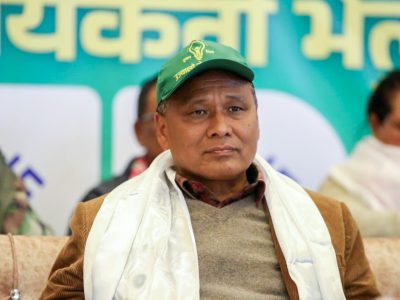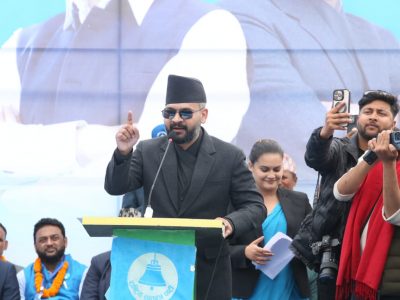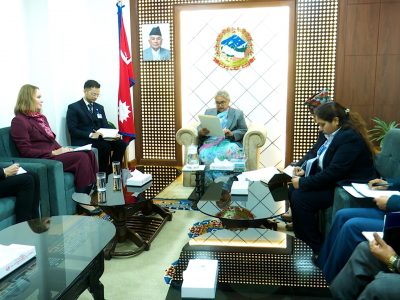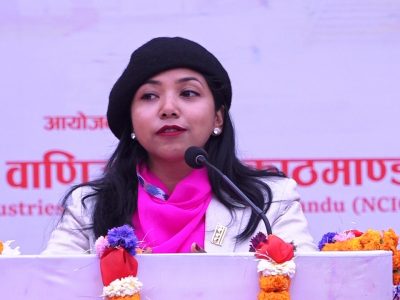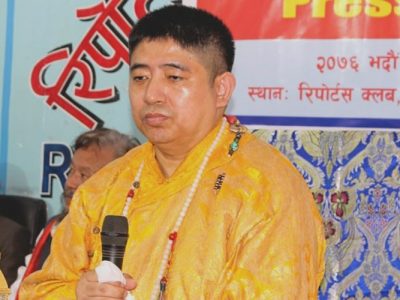Reformist President Pezheshkian Faces Challenges in Implementing Reforms in Iran
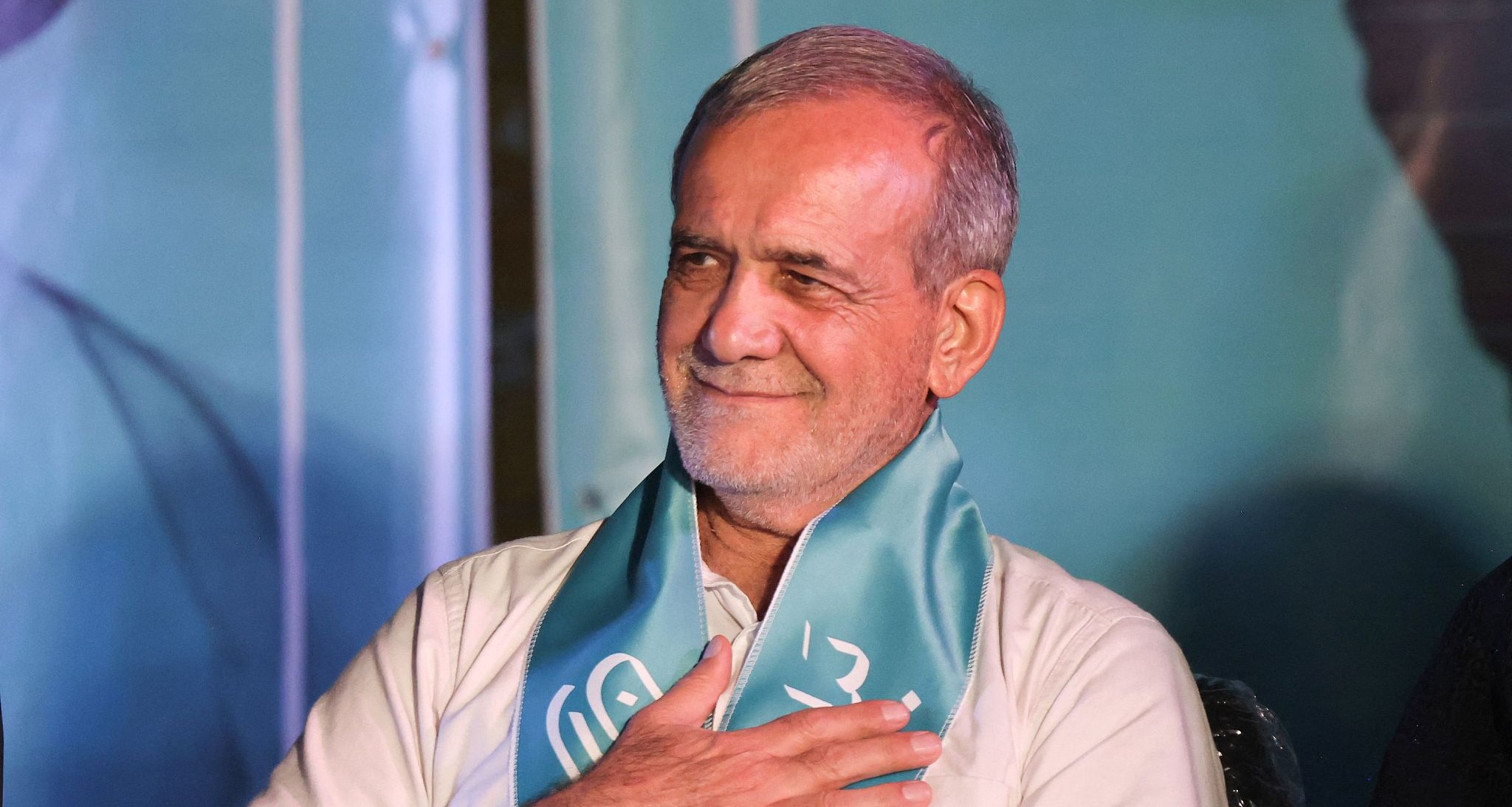
Kathmandu, Jul 8: Iran’s newly elected reformist President Massoud Pezheshkian will be unable to implement significant reforms without the consent of major powers in the Iranian regime, particularly the Supreme Leader.
According to the agency, an expert in the country gave this information on Saturday. Pezheshkian, the only moderate among the four candidates, won Friday’s second round presidential election against former nuclear negotiator Saeed Jalili.
Massoud Pezheshkian will replace former president Ibrahim Raisi, who died in a helicopter crash in May.
Alex Vatanka of the Middle East Institute said, “Pezheshkian was allowed to run and win. It is a sign that Iran’s hardliners are concerned about public pressure for change and want to prevent instability while 85-year-old Supreme Leader Ali Khamenei prepares the ground for a potential successor.”
According to Alex Vatanka, Pezheshkian will always be second in command to Khamenei in the country’s priorities and is careful to lower the expectations of Iranians who support him. Vatanka said, “There is also talk that by electing a moderate like Pezheshkian in Iran, he could be used as a possible way to restart negotiations with the West to end Iran’s nuclear program and sanctions.”
The presidency is the highest office in the Islamic Republic of Iran, but it is not the most powerful. The most powerful post in the country is reserved for the supreme leader of the country. However, the position of president in Iran carries some important powers.
Besides, there are many other players in power in Iran whose influence can be seen in various matters. After understanding the role of all these, it can be clearly depicted who is in control of power in Iran and how strong their grip is.
Iran has a dual system of government that includes both a religion and a republic. Under Iranian rule, the Iranian president cannot make any major policy changes on any major issue, including its nuclear program or support for militia groups in the Middle East.
However, the president of Iran can certainly influence the strictness of the law or any policy or the manner in which it is implemented. Moreover, the president of Iran will be involved in the selection of the successor of Supreme Leader Ayatollah Ali Khamenei, 85 years old, in which his role may be very important.
In Iran, the country’s supreme leader, Ayatollah Ali Khamenei, makes decisions on all top government matters. Iran’s Supreme Leader, Ayatollah Ali Khamenei, can often be seen sitting under a portrait of the country’s first Supreme Leader and his predecessor, Ayatollah Ruhollah Khamenei.
Iran’s Supreme Leader has considerable but not unlimited power. Before making major decisions, the supreme leader consults with the Revolutionary Guard and other influential groups in the country.
Facebook Comment
latest Video
Trending News
- This Week
- This Month



